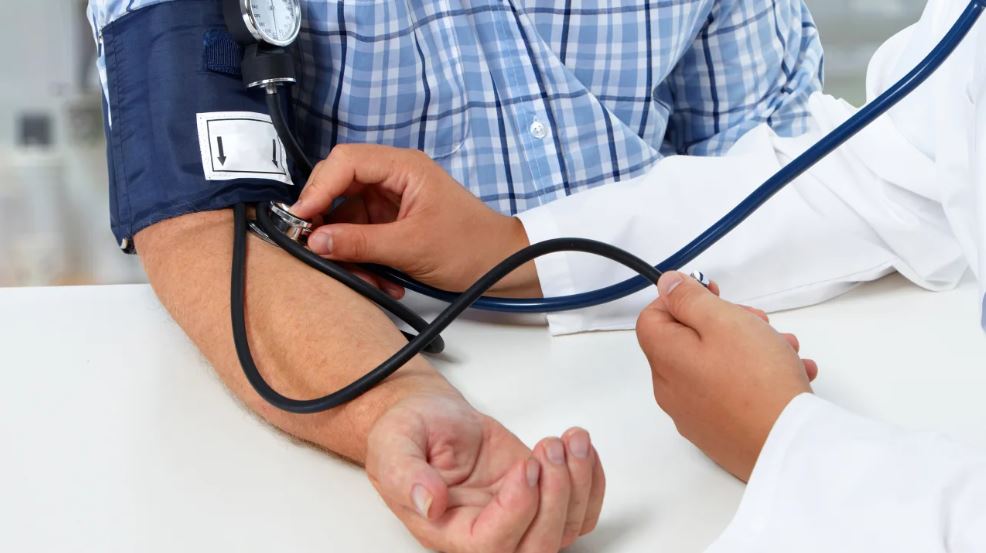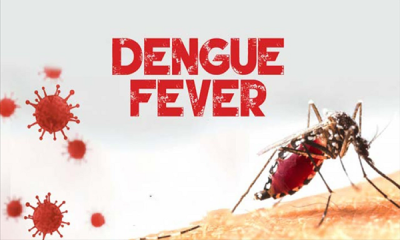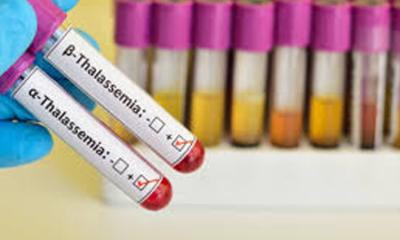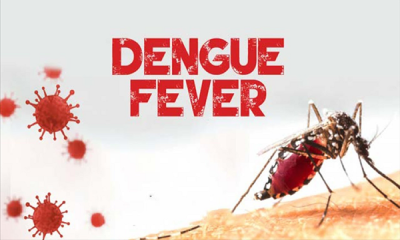The dangerous effects of high blood pressure are highlighted in a new report by the World Health Organization that identifies the condition as one of the world’s leading risk factors for death and disability, reports CNN.
Published Tuesday, WHO’s first report on the global impact of high blood pressure, also known as hypertension, offers recommendations on ways to combat the “silent killer.”
Hypertension, categorized as a blood pressure reading of 140/90 mmHg or higher, affects 1 in 3 adults worldwide, according to the report. It commonly leads to a number of other health problems including stroke, heart attack, heart failure and kidney damage.
“Hypertension can be controlled effectively with simple, low-cost medication regimens, and yet only about one in five people with hypertension have controlled it,” Dr. Tedros Adhanom Ghebreyesus, the WHO director-general, said in a news release.
High-performing countries like Canada and South Korea have delivered comprehensive national hypertension treatment programs, according to WHO, and both nations have surpassed the 50% mark for blood pressure control in adults with hypertension.
An increase in the number of people effectively treated for hypertension to levels observed in high-performing countries could prevent 76 million deaths between 2023 and 2050, the WHO says.
These preventative measures include eating a healthy diet, maintaining a healthy weight, avoiding alcohol and tobacco, and exercising regularly, the report says. These strategies should be implemented in specific settings like schools and in the workplace to further promote healthier lifestyle choices, it says.
Another tactic is lowering daily sodium intake.
“Most heart attacks and strokes in the world today can be prevented with affordable, safe, accessible medicines and other interventions, such as sodium reduction,” said Michael Bloomberg, former New York mayor and the WHO global ambassador for noncommunicable diseases and injuries.
Recommended sodium intake varies from country to country, but WHO recommends less than 2,000 milligrams a day. The estimated global average salt intake is more than twice that: 10.8 grams per day, the organization says.
The US Centers for Disease Control and Prevention recommends an intake of less than 2,300 mg of sodium a day. On average, Americans consume more than 3,400 mg of sodium daily.
In 2013, all 194 WHO member countries committed to reducing sodium intake 30% by 2025, but a report released this year showed that only 5% had implemented comprehensive sodium-reduction policies.
The United States scored 3 out of 4 in the report for having at least one mandatory sodium policy and a declaration of sodium on pre-packaged food.
Hypertension is prevalent in the US, affecting about 32% of people ages 30 to 79.
As many as 1.2 million US deaths could be averted by 2040 if the condition is effectively controlled, the report estimates. But in order for the nation to achieve a 50% control rate, 693,000 more people with hypertension would need to be effectively treated.
Every hour, more than 1,000 people die from strokes and heart attacks, according to Dr. Tom Frieden, president and CEO of the organization Resolve to Save Lives and former director of the CDC. “Most of these deaths are caused by high blood pressure, and most could have been prevented.”
WHO also noted that hypertension and its complications result in “enormous” costs worldwide for patients, health care systems and national economies.
“Good hypertension care is affordable, within reach, and strengthens primary health care,” Frieden added. “The challenge now is to go from ‘within reach’ to ‘reached.’ This will require commitment of governments around the world.”




-20260106082251.webp)

-20251231101531.webp)







-20260226080139.webp)






-20260225072312.webp)










-20260219054530.webp)
-20260224075258.webp)





-20260221022827.webp)